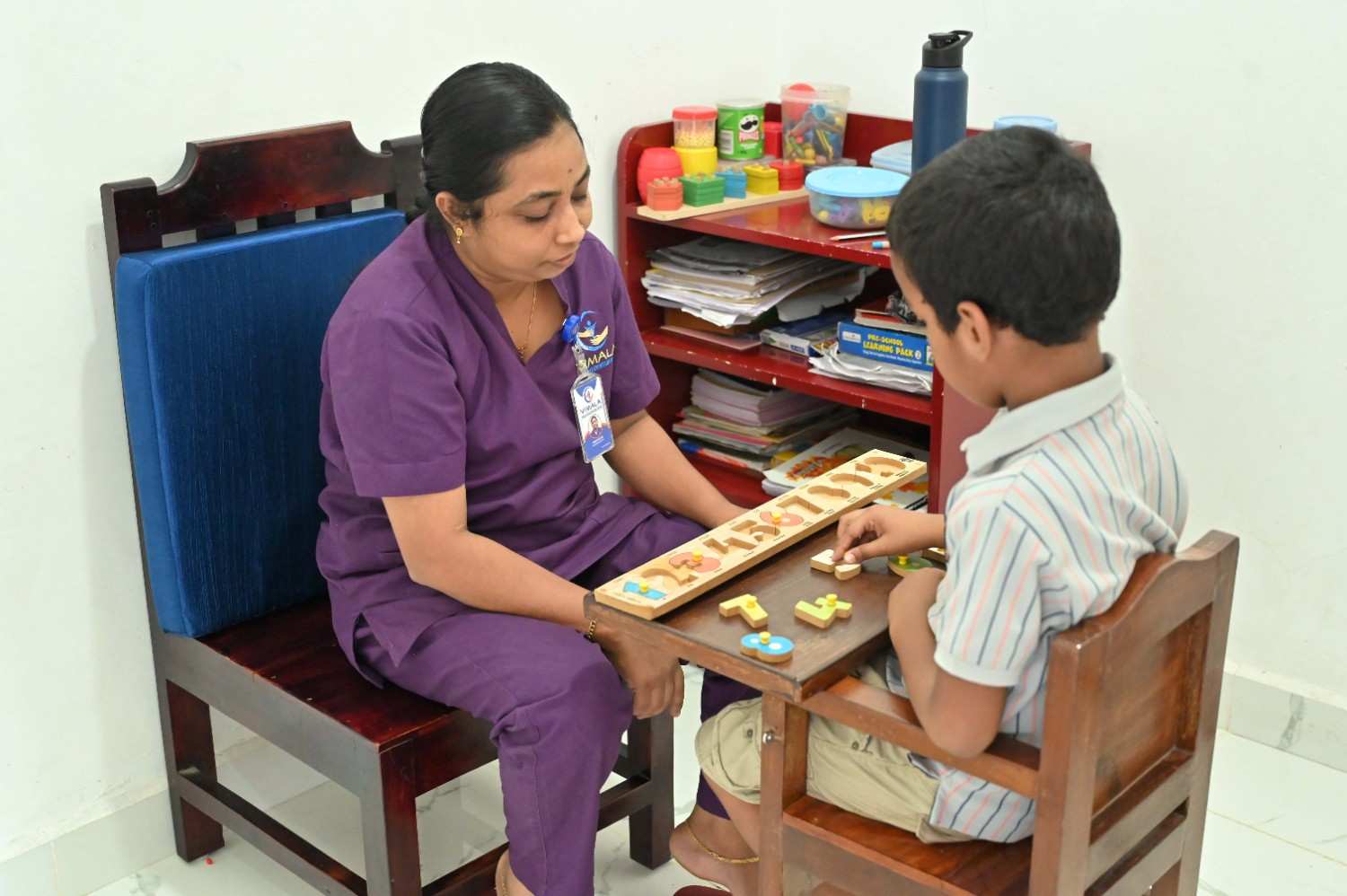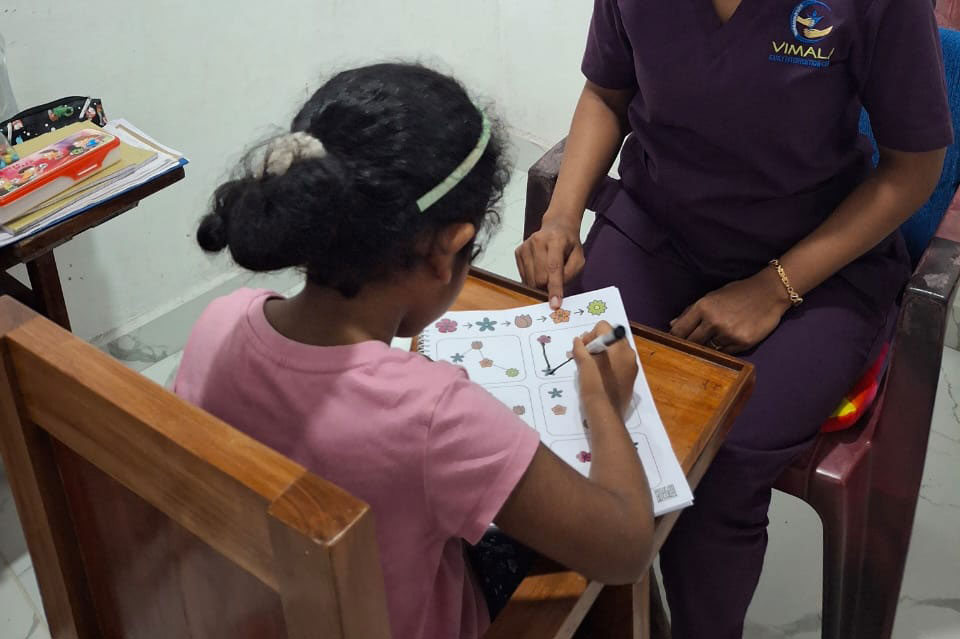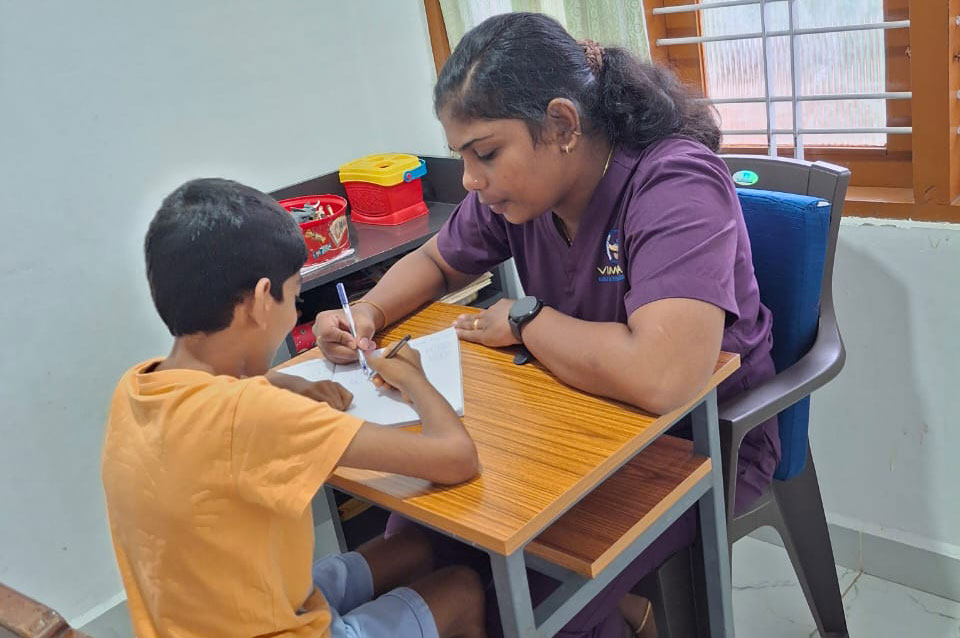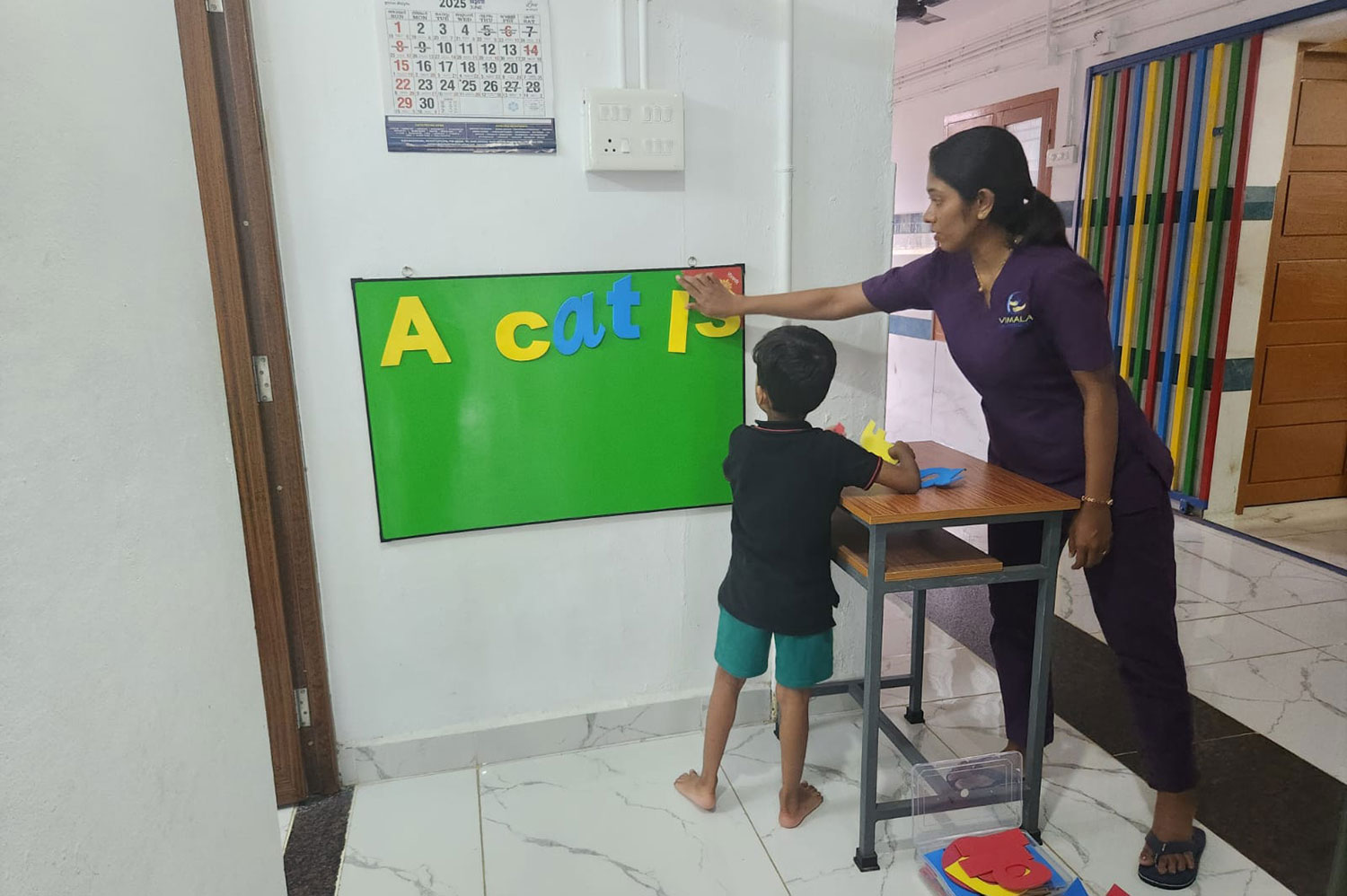
+91 8547939607

veic3puzha@gmail.com

+91 8547939607

veic3puzha@gmail.com




Would you like more information on remedial teaching or resources for specific learning.